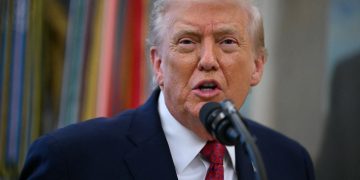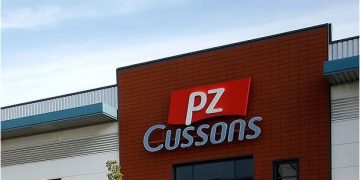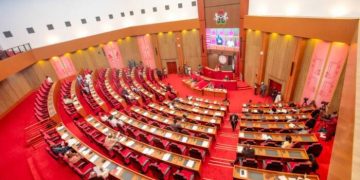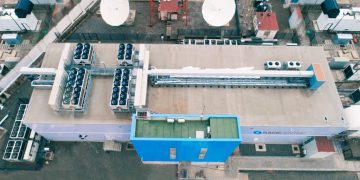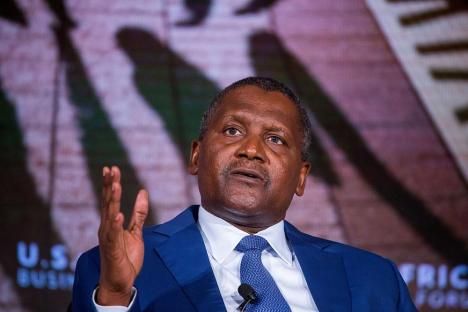Alhaji Aliko Dangote, President of the Dangote Group, has formally appealed to President Bola Ahmed Tinubu to expand the scope of the “Nigeria First” policy to include refined petroleum products such as petrol, diesel, and aviation fuel among the commodities restricted from importation. This appeal was prominently made during the West African Refined Fuel Markets Conference in Abuja, co-hosted by the Nigerian Midstream and Downstream Petroleum Regulatory Authority (NMDPRA) and S&P Global Insights.
Policy Context and Dangote’s Position
The “Nigeria First” policy, inaugurated in May 2025, restricts government agencies from importing goods and services that are already available locally unless a waiver is granted by the Bureau of Public Procurement. Dangote asserted that the policy must now apply to the petroleum sector, arguing that fuel imports undermine investments in local refining capacity, particularly given Nigeria’s largest refinery, the Dangote Petroleum Refinery.
He highlighted that Nigeria has already become a net exporter of refined petrol, moving about 1 million tonnes of PMS (petrol) in just 50 days between June and July 2025, illustrating domestic surplus capacity.
Dangote also decried the surge of cheap, often substandard imported fuel products, some blended with discounted Russian crude, which he says are sold at 60 cents per litre, well below the $1 net-of-tax price in other markets, creating an unlevel playing field for local refiners.
Industry Reaction: Marketers Push Back
The Independent Petroleum Marketers Association of Nigeria (IPMAN) and Petroleum Products Retail Outlet Owners Association of Nigeria (PETROAN) swiftly opposed the proposed ban.
- Chinedu Ukadike, IPMAN spokesperson, warned that restricting imports could lead to inflation and monopoly, emphasizing that continuous imports help maintain competition and price checks.
- Billy Gillis-Harry, president of PETROAN, affirmed that importation stabilizes supply and supports a free-market dynamic, arguing that the petroleum sector should remain open to multiple sources to ensure accessibility and fair pricing.
Energy and trade law experts also weighed in. Professor Dayo Ayoade of the University of Lagos cautioned that granting a single refinery exclusive protection could violate trade principles and undermine energy security by creating de facto monopoly conditions.
Strategic Importance of Dangote Refinery
Operating since May 2023, the Dangote Petroleum Refinery near Lagos is the largest single-train refinery globally, with projected capacity of 650,000 barrels per day. This is enough to meet Nigeria’s entire domestic fuel demand and still provide export potential.
The refinery ramp-up has already shifted Nigeria’s crude oil patterns. The country now imports U.S. crude to meet feedstock demand for the refinery while exporting refined petroleum products to West African markets. Despite this progress, Nigeria’s dated state-owned refineries continue to operate far below capacity, underscoring the urgency of supporting private-sector alternatives and maximizing domestic refining capabilities.
Why This Debate Matters
- Economic maturity: Extending the “Nigeria First” policy to refined fuel would reinforce national industrial policy, reduce dependence on imports, and potentially boost confidence in local refining investment.
- Market risks: Marketers argue that without multiple suppliers, fuel availability could suffer, prices could rise, and the risk of a single entity monopoly could deepen.
- Global precedent: Dangote invoked examples of countries like the U.S., Canada, and members of the EU, where governments protect domestic producers through tariffs and procurement restrictions to ensure local industry stability.




